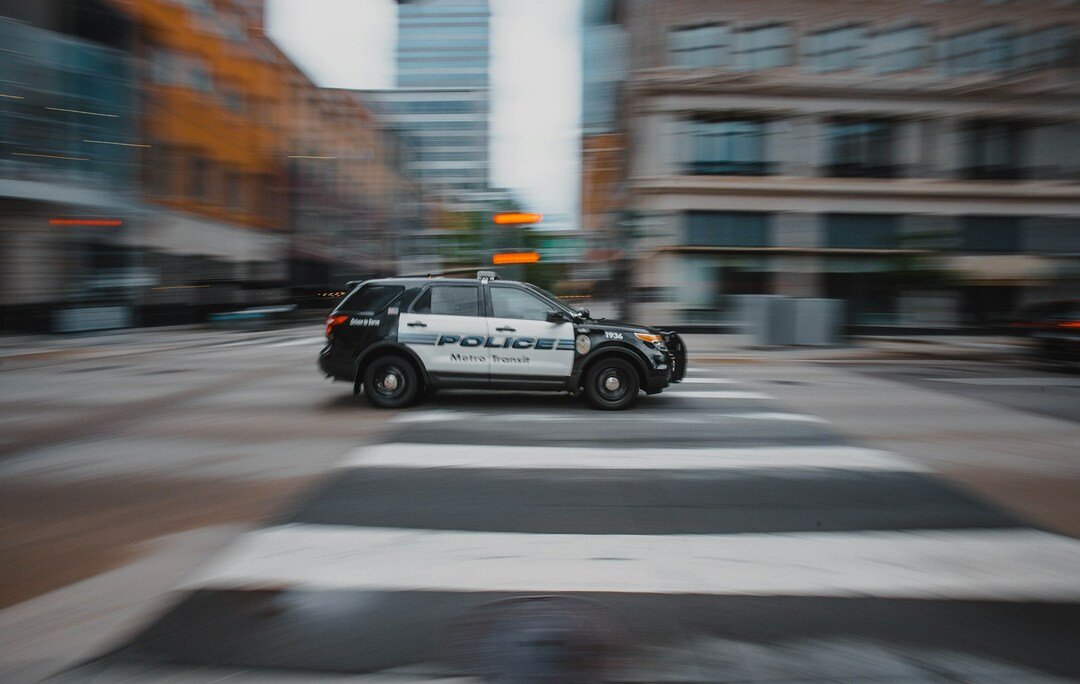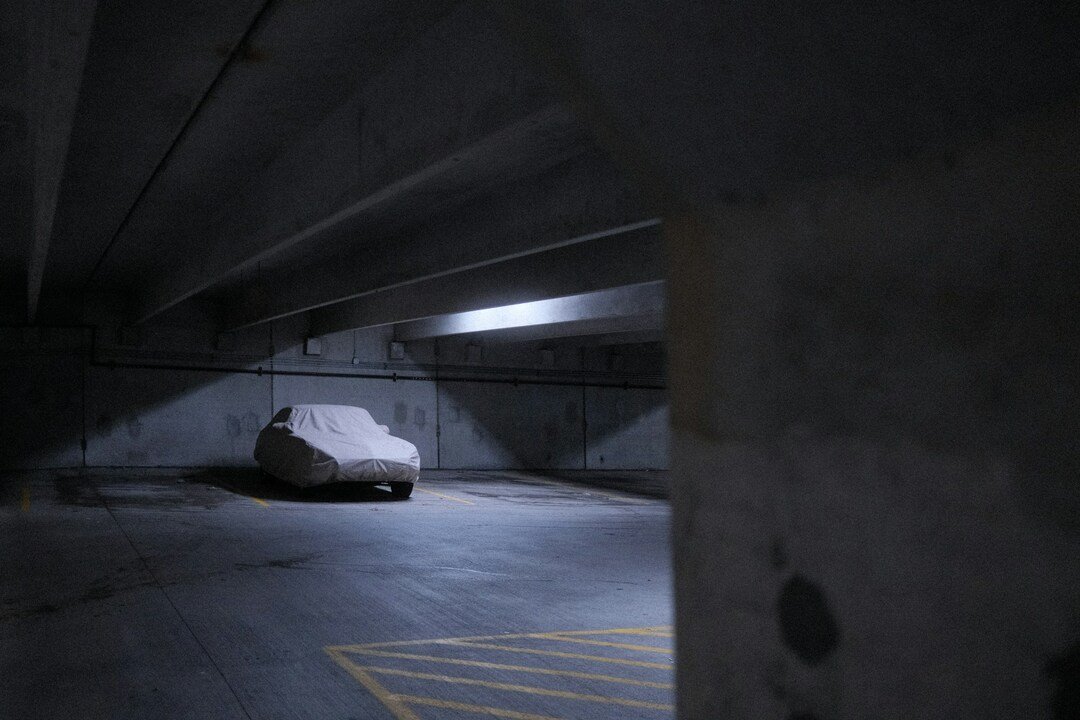VIN swapping is a deceptive practice where a vehicle's VIN is replaced with another. Criminals use VIN swapping to disguise stolen cars or hide a vehicle's history. This illegal activity poses significant risks to unsuspecting buyers and law enforcement agencies. Understanding the implications of VIN swapping is crucial for vehicle owners and buyers. By being aware of this fraud, you can take steps to protect yourself from potential scams. This article will explore the methods used in VIN swapping and its consequences. Stay informed to ensure your vehicle transactions remain secure and legitimate.
Can You Change a VIN Number on a Car?
It is very much discouraged to even modify the VIN on a vehicle. VIN is the unique identification of a car that ties it to its history and title in cars. Changing this number can subject you to very serious legal implications, like fines and imprisonment. If you suspect your car has a wrong VIN Number, it's essential to address the issue promptly. Instead of changing the VIN, contact your local DMV for guidance and possible solutions. Confirming a vehicle's VIN with the car title may secure its authenticity and value. In addition, a confirmed VIN prevents future headaches if one sells or registers the motor vehicle. You need to report any differences as soon as possible so that no confusion arises later.
How VIN Swapping Works
VIN swapping is the act of taking a legitimate vehicle's VIN and placing it on a stolen vehicle. It's the practice of trying to hide what a stolen car is. Often, swappers will forge or alter documents for the new VIN, the false one. These practices enable criminals to get away with selling these stolen vehicles to innocent buyers. They could also use the cloned VIN to slip through during inspections or registrations. Knowledge of how a VIN swap works is useful when it comes to the identification of red flags and self-protection from falling into that trap. Always verify with a best free vin check before purchasing a used car.
Is it Illegal to Swap VIN Numbers?

Swapping VIN numbers is illegal and strictly monitored by law enforcement agencies. Engaging in such car scams can result in severe consequences, including significant fines and imprisonment. The vin swap penalty varies by jurisdiction but is universally harsh due to the fraudulent nature of the act. Law enforcement is very active in investigating and arresting these cases to deter the vehicle-related scam. By changing the VIN numbers from the car's documentation, the crooks make it history-free to show a new trail. In such a business, one must be aware of the legal implications involved. Avoid getting into VIN swapping to stay on the right side of the law.
Who Can Legally Remove a VIN Plate?
Only authorized professionals can legally remove a VIN plate, not a private party. This includes law enforcement officers, DMV personnel, and certified mechanics. These professionals ensure that the real VIN remains intact and unaltered during inspections or repairs. Unauthorized removal can be mistaken for a vin swap, leading to legal consequences. If a VIN plate needs removal for legitimate reasons, it should always be handled by a qualified individual. This ensures that the vehicle’s history and authenticity are preserved. Private parties attempting to remove a VIN plate risk severe penalties and suspicion of fraudulent activity.
Red Flags on a VIN Swapped Car
Being aware of the signs of a VIN swapped car can protect you from fraud. Here are some common red flags to watch for:
| Red Flag | Description |
| Mismatched Documentation | Documents like the title or registration do not match the VIN on the car. |
| Tampered VIN Plate | The VIN plate appears altered, scratched, or reattached. |
| Inconsistent Vehicle History | The car’s history report has gaps or inconsistencies with known records. |
| Different Paint Around VIN | The area around the VIN plate has different paint or shows signs of tampering. |
| Salvage or Rebuilt Title | The vehicle has a salvage or rebuilt title, which can be a cover for VIN swapping. |
| Discrepancies in Odometer Reading | The odometer reading does not align with the car’s documented history. |
| VIN Not Found in Databases | The VIN cannot be found in official or commercial vehicle history databases. |
| Missing Stickers | Manufacturer stickers with VIN information are missing from the car. |
How to Protect Yourself from VIN Switching

Protecting yourself from VIN switching requires vigilance and thorough checks. Always verify the service records to ensure consistency with the car’s history. Inspect the dash vin swap area for any signs of tampering or replacement. Be cautious of body swap VIN Number discrepancies, which can indicate fraudulent activity. Use a VIN decoder to cross-check the vehicle’s details with official records. Verify the VIN on the dashboard, door frame, and engine block to spot inconsistencies. Confirm that all VIN locations match the official documents to avoid purchasing a tampered vehicle.
- Check for Recall Information: Ensure the VIN has not been associated with unresolved recall notices.
- Look for Unusual Wear: Inconsistent wear on parts may suggest they've been replaced or tampered with.
- Inspect the Title: Verify that the car title is clean and not branded as salvage or rebuilt.
What to Do If You Bought a Car with a Swapped VIN
If you should discover that the vehicle you've bought has a VIN that was on another car, don't waste any time. Alert the relevant local law enforcement regarding the situation at hand to prevent any potential legal action later on. Secondly, report to your insurance company the fraudulent vehicle. They may assist you in filing for a claim or even adjusting your policy. Take the vehicle to a professional who can inspect it for changed parts. Keep all documents and communication records about the purchase and subsequent discovery. Discuss with an attorney your rights and available remedies. This will help you save yourself from a lot of other hassles.
Further reading
Summary

Frequently Asked Questions
A reassigned VIN is a new vehicle identification number issued by a regulatory authority. This typically happens when the original VIN is lost, or damaged, or when a car is significantly rebuilt. The reassigned VIN ensures the vehicle can be properly tracked and identified in official records.
No, a VIN does not change when the engine is replaced. The VIN is tied to the vehicle’s chassis and remains constant regardless of changes to the engine or other major components.
Yes, swapping a VIN significantly devalues a car and is illegal. A car with a swapped VIN is considered fraudulent and may be confiscated by authorities. It also cannot be legally sold or registered, leading to substantial financial losses for the owner.
Removing a VIN can lead to severe consequences, including fines and imprisonment. The vehicle may be seized, and the owner could face legal action.







